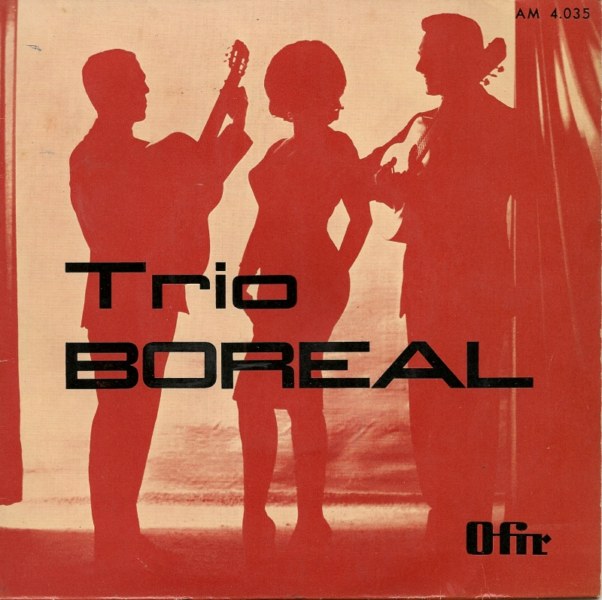Know more:
Natércia Maria
(N. 18 December, 1944 - M. 23 December, 2013)Natércia Maria Carvalho de Andrade was born in the parish of Massarelos, in Porto, in 1945.
According to what she was told, she was only 3 years old and she already charmed friends and neighbors with her interpretations of the most famous themes at the time. She recalled as her first song the theme “Sardinheiras”, from the repertoire of Amália Rodrigues, which would also be one of the first songs she would record on disc, in 1964.
At the age of 18, she participated in the contest “Cantiga da Rua”, organized by the radio station Só Rádio do Porto. Natércia Maria won the first place for the fado category and to this classification she added several first prizes obtained in fado competitions organized at Palácio de Cristal, in Porto.
Thereafter, Natércia Maria began her professional career, with performances at Emissora Nacional and in FNAT shows, at the invitation of conductor Resende Dias. The singer also made programs for Rádio Renascença and RTP Porto.
In 1964, she recorded her first songs on disc, in the compilation EPs "Fados de Sempre", volumes 5 and 6, in an edition of Orfeu. In this two albums she recorded the tracks “Lisboa não sejas francesa” (José Galhardo - Raul Ferrão), “Estranha forma de vida” (Amália Rodrigues - Alfredo Marceneiro), Fui ao baile” (Amadeu do Vale - Fernando Carvalho) and “Sardinheiras ”(Linhares Barbosa - Fernando Freitas), accompanied by Álvaro Martins' guitar and António Proença's viola.
Two years later, in 1966, he started recording for Alvorada, bringing to the public several EPs with themes that were very successful at that time, such as “Porto à Noite” (José Guimarães - Resende Dias), “Xaile fadista” (F Vitorino de Sousa - Resende Dias), “Fado da Solidão” (Nelson de Barros - Frederico Valério) or “Xaile Franjado” (Domingos Gonçalves Costa - Fado Georgino).
Over the more than 40 years of her career, Natércia Maria has released numerous albums in her own name, as well as tracks in compilations and collaborations in record works such as those directed by conductor Resende Dias, in editions of Alvorada, Orfeu, Clave, RCA, Codevi, Jeffe, Rhapsody, Aquilla, Gaf, Roda and CBS.
Since the beginning of her career, Natércia Maria has been performing in shows all over the country, often performing at the Casinos of Figueira da Foz, Espinho, Funchal, Póvoa de Varzim and Estoril. In the 1960s, in addition to the solo shows Natércia Maria also joined the Trio Boreal with whom she recorded a disc of popular Portuguese music.
Natércia Maria had a path marked by stability, boosting her activity between presentations on the radio, sponsoring popular marches, or in several presentations on television programs, such as “Bom Dia, Domingo”, “Zip Zip”, “Tv Cor”,“Os anos não contam”, “Piano Bar” or “Às Dez”.
Among her trips abroad, we highlight the one to Brazil, in 1986, where Natércia Maria stayed for two months, making several presentations in spaces of the Portuguese community and in the Houses of Portugal in Rio de Janeiro and São Paulo and participating in television programs.
The singer was invited to the Song Festival in Orense, Spain, and performed in shows in various regions of France, in Dusseldorf, Germany, and in 1988, she performed at the Logan Hall in London, at the invitation of the Portuguese Cultural Center of that time.
Valuing the remarkable professional career of the fado singer, Casa da Imprensa awarded her, in 1997, the “Carreira” award, during the “Grande Noite do Fado”, a show in which Natércia Maria participated over several years, in her achievements in Lisbon and Porto.
More recently, Natércia Maria performed concerts at the Casino da Figueira da Foz, in 2007 and 2008, participated in programs with a large television audience, such as “SIC 10 horas” or “Portugal no Coração”, and in the tribute show to Fernanda Baptista , which took place at Teatro Sá da Bandeira, in 2008.
In 2009, Natércia Maria returned to the studio to record the CD “Gritos de Alma”. In this album the fado singer is accompanied by Armindo Fernandes on the Portuguese guitar, Jorge Sena on the guitar and Alberto de Almeida on the double bass. In a set of 14 themes from her repertoire, Natércia Maria interprets poems, among others, by Fernando Campos de Castro and Torre da Guia.
With more than 40 years of career, Natércia Maria entered the history of fado as a fadista from Porto, achieving great success in the interpretation of her themes “Vidro Partido”, “Sentido Proibido”, “Ruas do Porto”, “Aquela Cidade” or “Mulher no Palco”, in a career that made her take the stage alongside big names in Portuguese music such as Amália Rodrigues, Carlos Guilherme, Rodrigo, António Pinto Basto or Nuno da Câmara Pereira.
She died on 23 December 2013, in Porto, victim of a long-term illness.
Source:
Biographical data provided to the Fado Museum by Natércia Maria;
http://naterciamaria.blogspot.com
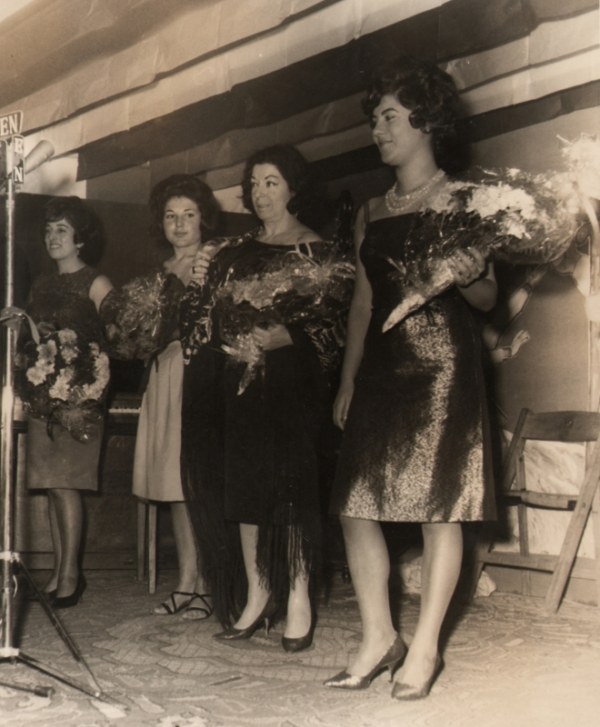
Natércia Maria e Hermínia Silva Porto, Natal de 1964
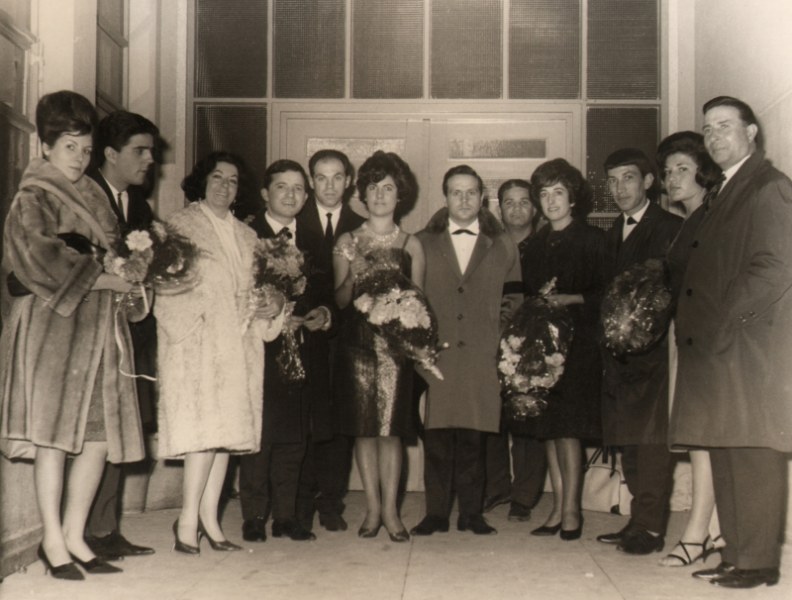
Natércia Maria e Hermínia Silva Porto, 1964
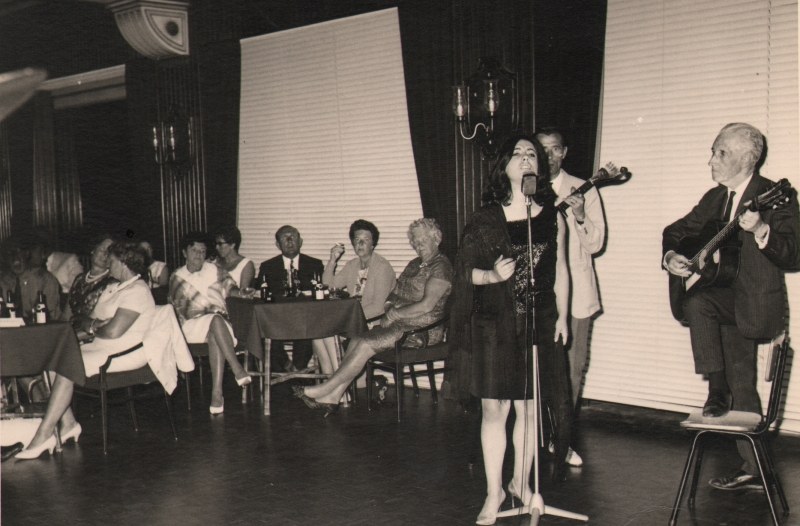
Natércia Maria Hotel Eva, Faro, s/d.
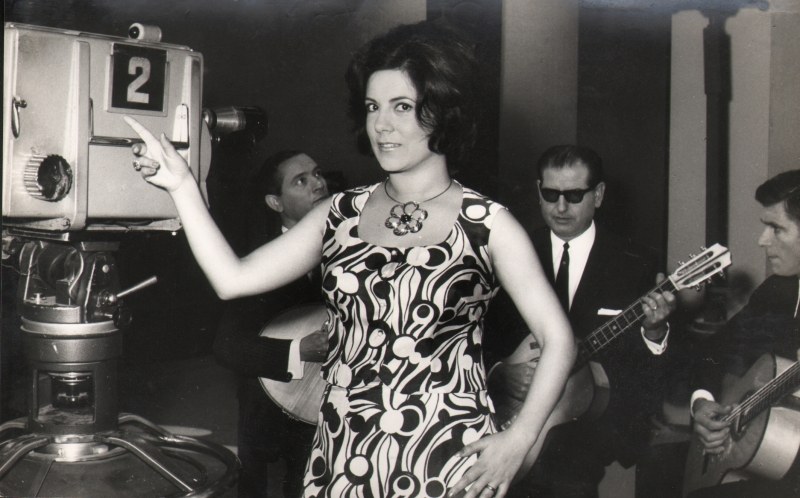
Natércia Maria, Samuel Paixão e Mário Lopes Estúdios da RTP Porto, 3 de Novembro de 1971
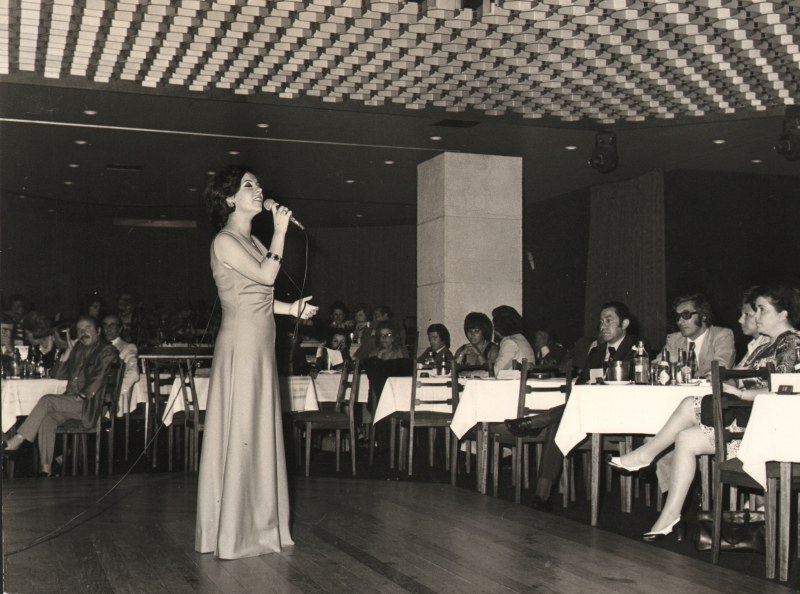
Natércia Maria Casino da Póvoa, Julho de 1973
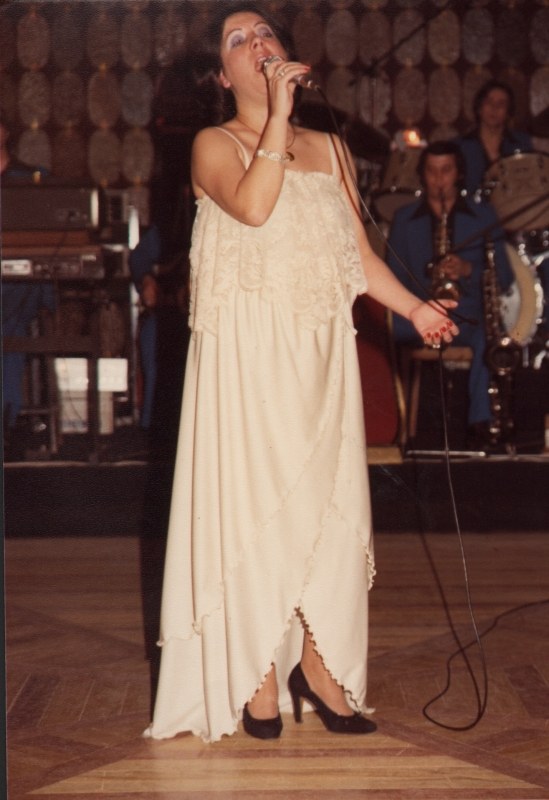
Natércia Maria 22 de Dezembro de 1979
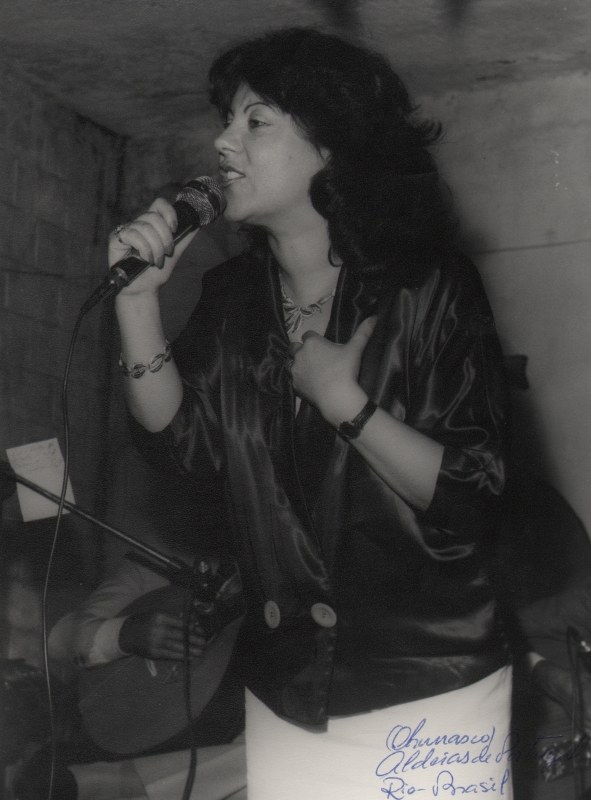
Natércia Maria Rio de janeiro, Maio de 1986
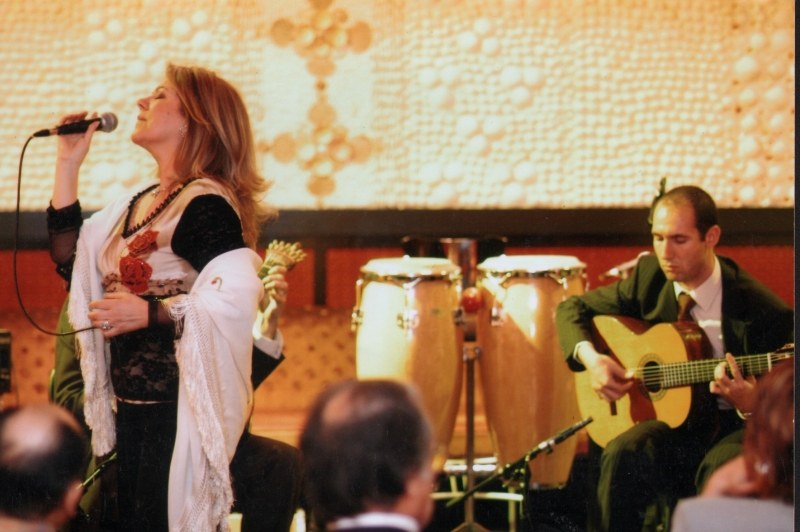
Natércia Maria Casino da Figueira da Foz, 2008
-
Xaile Franjado Natércia Maria (Domingos Gonçalves Costa / Georgino de Sousa)
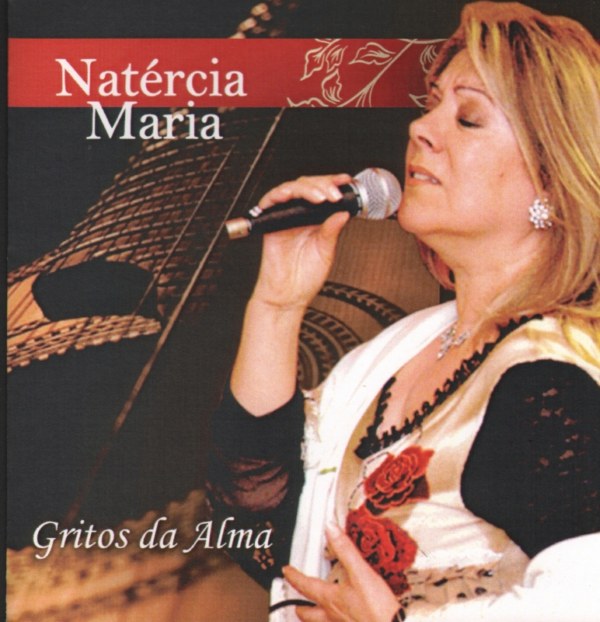
Natércia Maria, Gritos da Alma, Conquistaestúdios, 2009
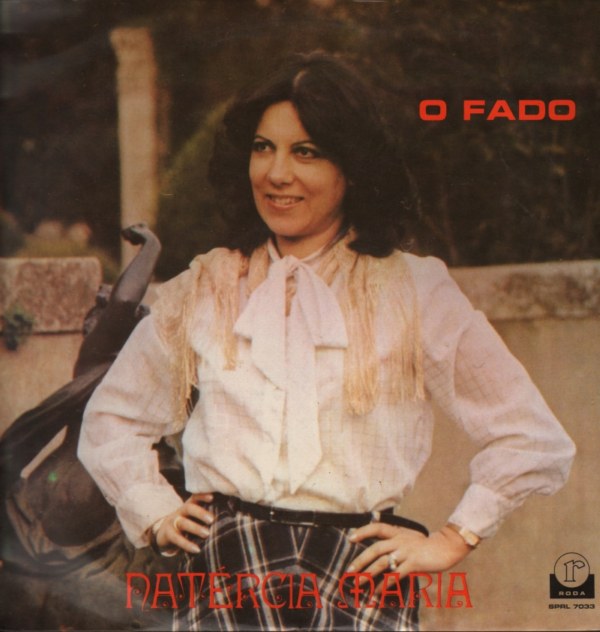
Natércia Maria, O Fado, LP Roda, 1982
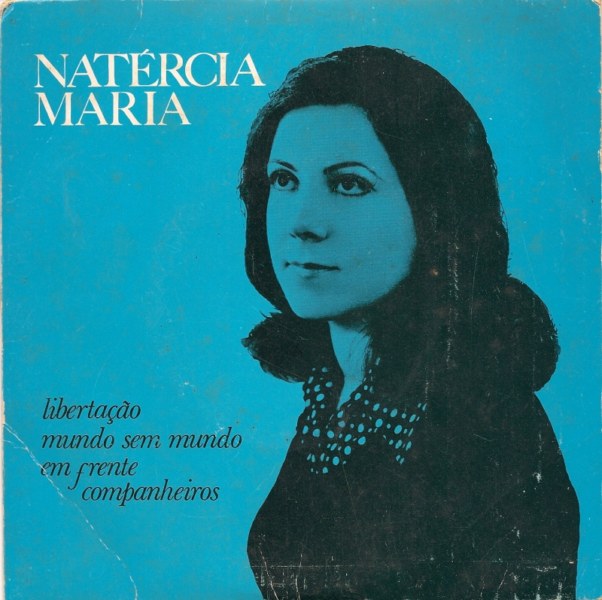
Natércia Maria, 1974
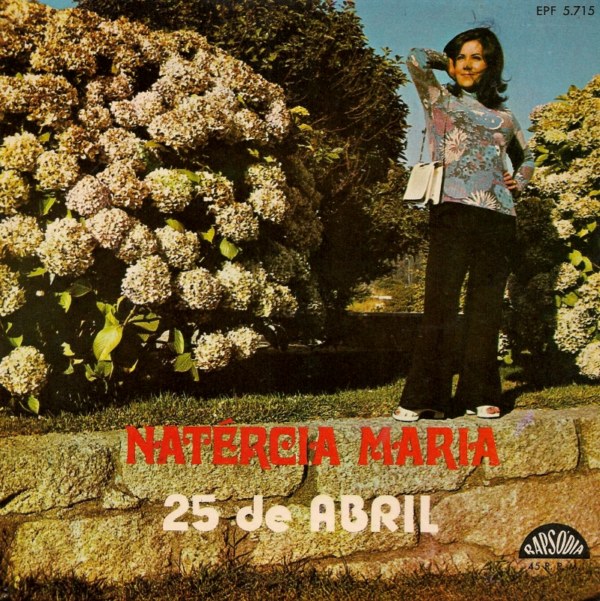
Natércia Maria, 25 de Abril, EP Rapsodia, 1974
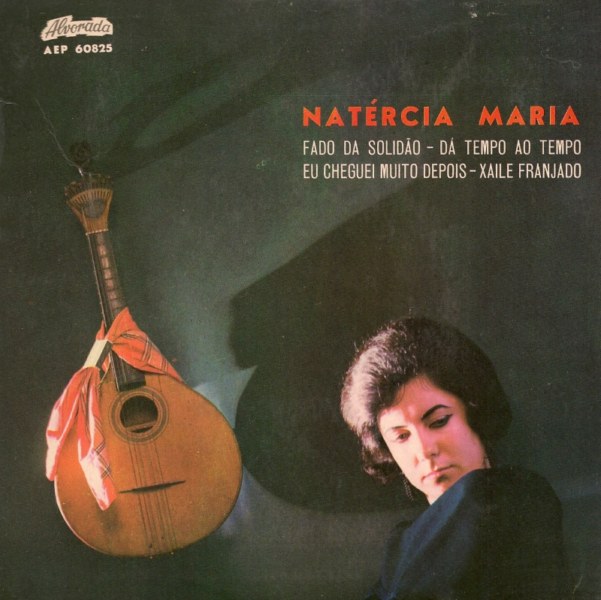
Natércia Maria, EP Alvorada AEP 60825, 1966
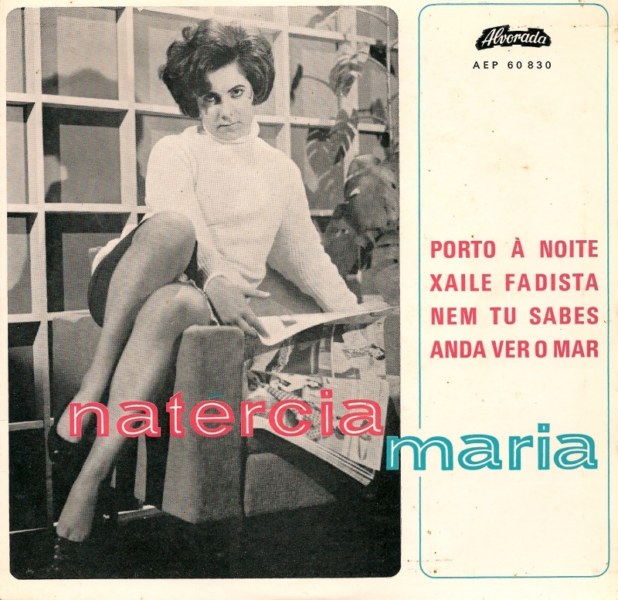
Natércia Maria, EP Alvorada, 1966
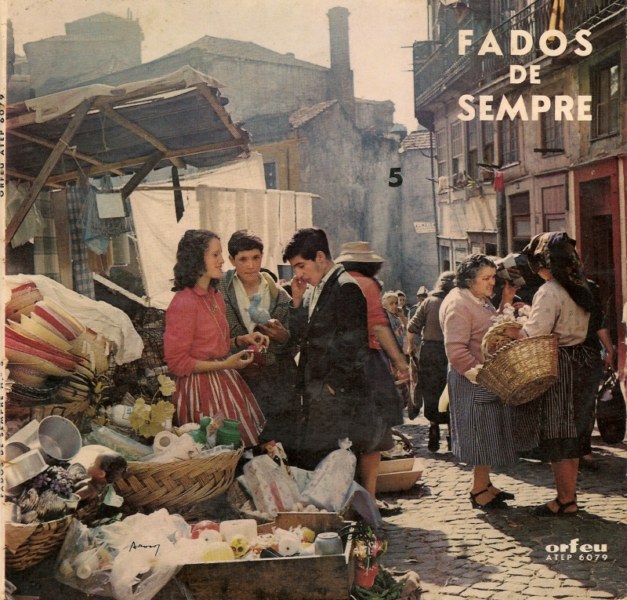
Natércia Maria, Fados de Sempre, EP Orfeu, 1964
